Description
Introducing Voltaire Candidate Book
Candidate is a short novel written by Voltaire in thirty parts. Critics believe that three things inspired Voltaire to write the candidate novel: First, the publication of the treatise “Monadology” by the great philosopher Leibniz, published in 1714. The second was the Seven Years’ War, which took place between 1756 and 1763 and involved all the powers of that time, and finally the terrible and devastating earthquake of “Lisbon” in 1755.
Candidate book
The Age of Enlightenment in Europe began in the mid-seventeenth century. During this period, the remnants of medieval thought gradually disappeared, and philosophers and intellectuals established a new form of thought. During this period many values were renewed and the way of looking at life in Europe changed. One of the most prominent philosophers is the work of Voltaire Enlightenment, whose thoughts and works have played a significant role in the French civil struggle. Candid’s novel is one of the most prominent works of this author, in which the reflection of Voltaire’s thought and philosophy can be seen.
About Candidate Book (Simple Heart)
The novel The Simple Hearted Candidate was first published in the mid-18th century in 1759. The novel was widely acclaimed in France from the beginning and was soon translated into English. In the first edition of the book, the author’s name was written on the cover of “Dr. Ralph” and there was no mention of Voltaire, the unique philosopher of the Enlightenment. It did not show off, it is undoubtedly classified in the category of anonymous works and trademarks today. Voltaire was a master at creating controversy over issues and then covering up the effects of these controversies; “Not only did he publish the book under a different name, but the time and place of the first publication of the book were never known.”
The main character of the novel is a boy candidate of the same name, who somehow gets involved in all these events throughout the story.
Candidate story summary
Candidate is a young, beautiful and simple-hearted boy who grows up and lives in the baron’s palace of Thunder-Ton-Trunk. Voltaire begins his novel by describing the character and then introduces Baron and his family to the reader. The candidate is trained at Baron Palace under a professor named Pangloss, a specialist in cosmology, the supernatural and theology. Baron has a daughter named Kuneh Gund, the candidate and Kuneh Gund become interested in each other and this is the reason why the candidate is expelled from Baron’s palace. The candidate faces many ups and downs outside the Baron’s palace and travels to different places. In the context of this narrative, Voltaire presents his philosophical views to the reader.
What does Candide mean?
Reza Moradi Spili, in the introduction to his translation of the candidate’s novel, fully addresses the root of the word and explains the reason for naming the book: “Both are derived from the Latin word candidus, which means white first.” He goes on to say: “All these side meanings apply to Voltaire’s hero: he does not pollute the world, he has a pure spirit, he is completely honest and trustworthy, and he is always ready to read Pangloss’s philosophy (read Leibniz’s philosophy’s in this cotton book Beats) to another test. “He is such an innocent white creature that he never seems to grow up.”

About Voltaire, the libertarian philosopher
November 21, 1694 The fifth child of the Arroyo family is born in Paris. No one thought that this little boy would one day become a great philosopher and that centuries later his thoughts and works would still have fans. François-Marie Arroyo, better known by his nickname Voltaire, spent his childhood and adolescence living in Paris. His father was a lawyer and his family was from the lower classes of French society. Voltaire learned Greek and Latin at school and later became fluent in English, Spanish and Italian.
He turned to writing against the wishes of his father, who preferred his son to continue his career. There are many traces of Voltaire left. He wrote more than 20,000 letters and 2,000 books and treatises in his lifetime. Voltaire’s works are in the form of poetry, short stories, novels, research, and historical research. Among his works are The Candidate, The Death of the Emperor, Miss Orleans, The Works of Prejudice, and Elements of Isaac Newton’s Philosophy.
François Voltaire believed in “Dadaism”. Deists believe in the existence of God, but they believe that he created the world and then left it and has nothing to do with what is going on in it. Voltaire has always been subject to severe government censorship for his sharp criticism of Christianity, especially the Catholic Church. He defended religious freedom, freedom of expression, and the separation of church and state. François Voltaire was a staunch supporter of civil liberties and used his pen to criticize the intolerance of the church and government, religious austerity, and the functioning of various institutions in France.
François Voltaire was always involved with the government and the church in France. He was first exiled from France in 1726. Although he was able to return to France three years later, his conflicts with the government and the church did not end and he was again forced to flee to England.
François Voltaire died in 1778 of an illness. Due to Voltaire’s dispute with the church, the church banned him from conducting services after his death. Of course, before that, his friends had buried him at night with religious ceremonies. Later, in 1791, the remains of Voltaire’s body were magnificently buried in Paris and buried in the Pantheon.
Candidate novel in cinema
Based on the candidate novel, various cinematic works have been made. The first adaptation of the candidate novel is a black comedy called “White World”, which was made in 1975 in Italy. The black comedy “Optimism” was also made in Serbia in 2006 based on this novel. Optimism consists of 5 unrelated narratives. The film won the Golden Cluster Award for Best Film at the 51st edition of the Valladolid International Film Festival in Spain, known as Seminsey. The latest adaptation of the Brazilian comedy candidate’s novel “On a Happy Life” was made in 2016 in 190 episodes. The telegraph was very well received by the audience.
candidate; Translation and publication in Iran
There are various translations of Candid’s novel in the Iranian book market. The oldest Persian translation of this book belongs to “Mohammad Ghazi”, the father of Persian translation, which was published in 1335. The next translation of the book is the translation of Jahangir Afkari, which was published by the Book Translation and Publishing Company in 1973. Over the years, “Mohammad Alikhani” has translated the candidate novel for Dastan Publishing and “Hanieh Fahimi” has translated the Toos sprout for publication. The last translator of the candidate book in Iran is “Reza Moradi Spili”.
In a part of the candidate book, we read:
It was not easy to get to Cain, the road was more or less known, but mountains, rivers, precipices, thieves and savages were blocking the way everywhere. Their horses died of exhaustion, their food ran out, they spent a whole month with the wild fruits of the forest, and finally found themselves by the river, which was covered with coconut trees, giving them hope and life.
Kakambo, who was like an old woman full of good advice, said to the candidate: “We can not go any further, we are hurting ourselves.” A canoe is lying on the shore, let’s fill it with coconut, ride it and move with the flow of water; A river always leads to a residential point like this. If we do not get what we want, we will at least find something new.
_ What God wants.
They sailed several miles between the shores, some covered in mud, some in the sand, some in the steppe, and some flat by boat. The river widened, and eventually disappeared into the crevices of terrifying cliffs that rose into the sky. Two passengers dared to accompany the flow of water in this gap. The river became very narrow and pushed them forward with astonishing speed and terrible roar.
Twenty-four hours later, they saw the light of day again, but their canoe was caught in the sharpness of the rocks and shattered. In the last mile they dragged themselves on the rocks; Eventually a vast horizon appeared in front of them with the mountains that surrounded it in the distance. All over this land appeared to them with beauty, enthusiasm and joy. There was usefulness and satisfaction together everywhere. Brilliantly hand-built carriages of men and women of extraordinary beauty adorned the roads, and large red sheep killed them faster than the best Andalusian, Tutankhamun, and Mackenzie horses.
“It’s better here than Westphalia,” he said.
Index of the book
Notes
Part One: How the candidate grew up in a beautiful palace and how he was expelled
Part Two: What happened to the candidate among the Bulgarians?
Part Three: How the candidate escaped from the Bulgarians and what happened to him
Part Four: How the Home Teacher Candidate and His Ancient Philosopher Found Dr. Pangloss and What Happened
Section Five: Fractured Ship, Earthquake, and What Happened to Dr. Pangloss, Candidate, and Unbaptized Jack
Section Six: How the Supreme Court of Inquiry was set up to prevent an earthquake, and how the candidate was flogged
Section 7: How the old woman took care of the candidate and how the candidate recovered her lover
Part Eight: The Story of Kuneh Gund
Section 9: What Happened to Kuneh Gund, Candidate, Grand Judge, and Jew?
Section Ten: The Candidate, Kunehgund, and the Old Woman Arrive in Cadiz in Deep Depression, They Go on a Sea Voyage
Section Eleven: The Story of the Old Woman
Part Twelve: Continuation of the old woman’s story
Section Thirteen: How the Candidate Was Forced to Leave the Beloved and Old Woman
Section Fourteen: How the Paraguayan Jesuits Received Candidates and Cacambo
Section Fifteen: How the Candidate Killed His Dear Kuneh Gund Brother
Section Sixteen: What two girls, two monkeys, and a savage named Orion did to two travelers
Section 17: The Candidate and His Waiters Arrive in El Dorado, and What They Saw There
Section Eighteen: What they saw in the land of El Dorado
Section Nineteen: What Happened to Them in Suriname, and How the Candidate Meets Martin
Section Twenty: What Happened to Candidates and Martin at Sea?
Section Twenty-one: Candide and Martin reach the French coast, they are arguing with each other
Section Twenty-two: What Happened to Candidates and Martin in France?
Section Twenty-three: Candide and Martin crossed the coast of England; What did they see there?
Section Twenty-Four: About the Envelope and Girophale’s Brother
Section Twenty-Five: Meeting with Lord Pococurante, a Venetian nobleman
Section Twenty-Six: About the dinner that Candide and Martin had with six strangers, who were they?
Section Twenty-seven: Candidate’s trip to Constantinople
Section Twenty-Eight: What Happened to the Candidate, Konegund, Pangloss, Martin, and Others?
Section Twenty-Nine: How the Candidate Finds Kunehgund and the Old Woman Again
Section C: Appeal
1- Introducing the book on YouTube
2- Introducing the book in Aparat

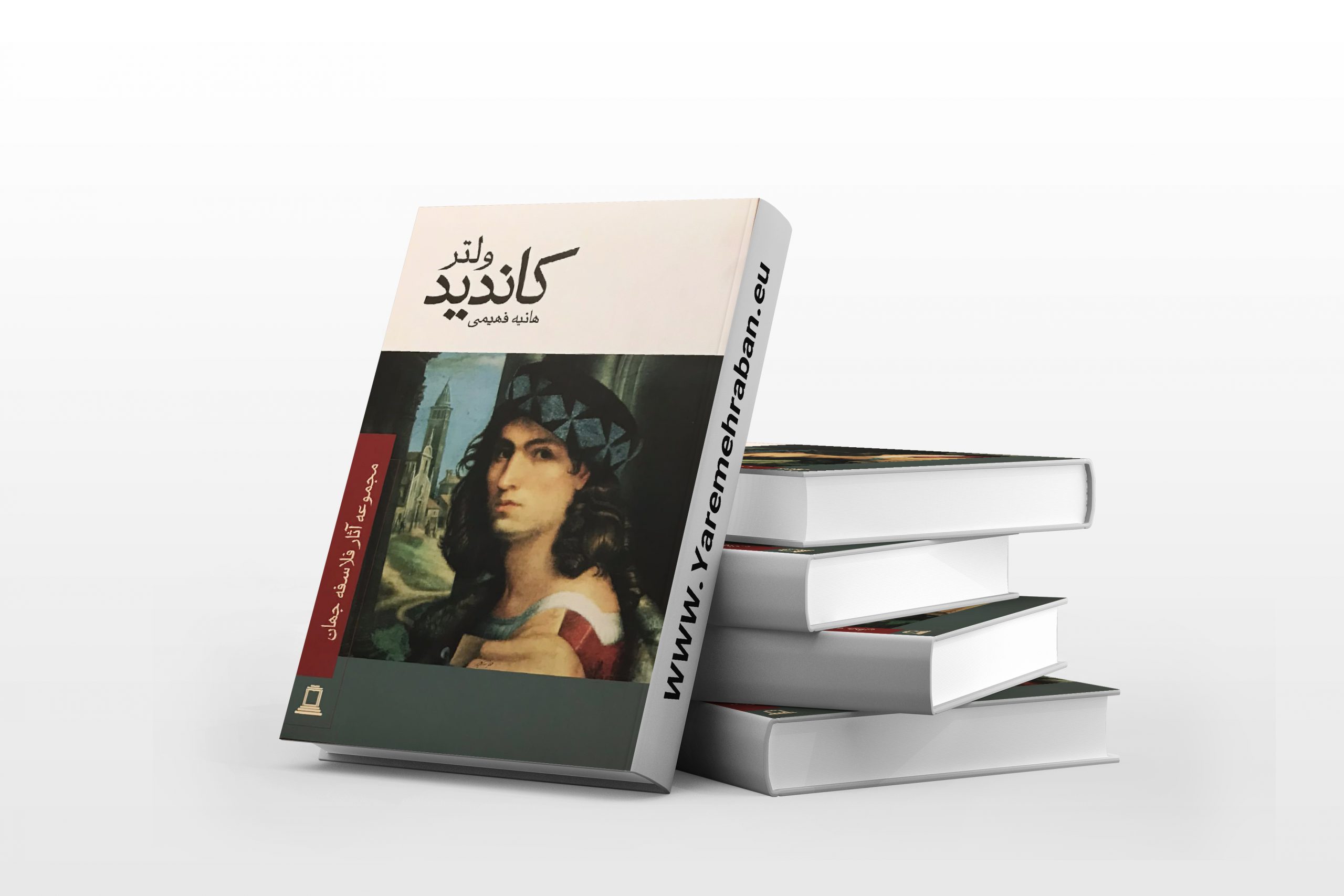
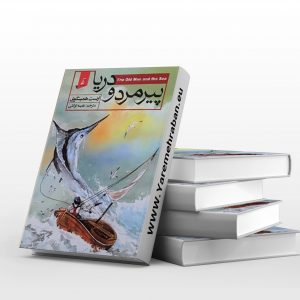
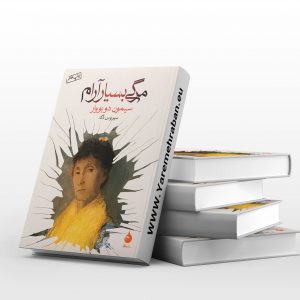
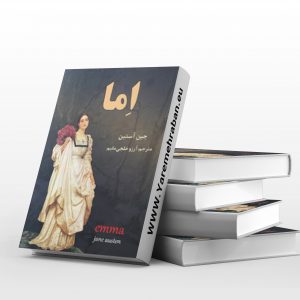
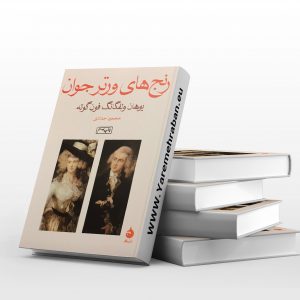

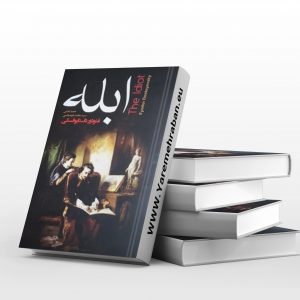
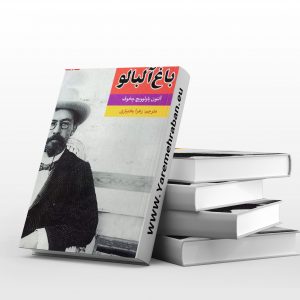


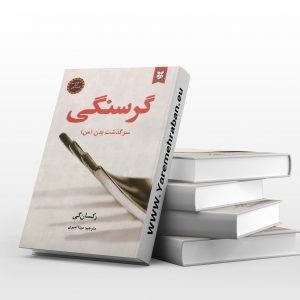
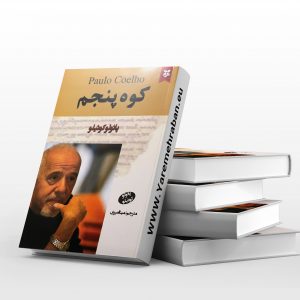
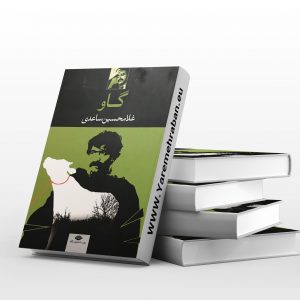
Reviews
There are no reviews yet.